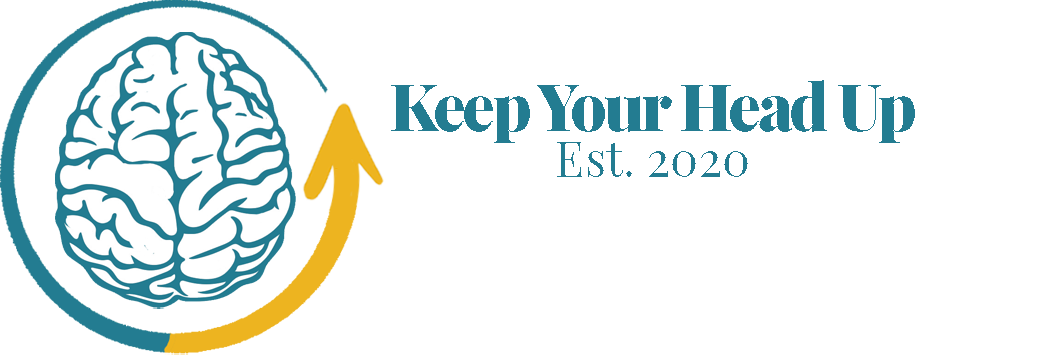The role of Occupational Therapy in Traumatic Brain Injury (TBI) recovery
By: Sarah Schulz / HBSc, MScOT, OT Reg (Ont.)
In this post Sarah will help to explain what an Occupational Therapist (OT) is, what they can do for you, and how to see one (if you think it’s right for you!).
What is an Occupational Therapist?
One of the questions I am always answering is “what actually is an occupational therapist?”. Contrary to popular belief we are not “mini” physiotherapists. We are our own, registered, and supervised health care profession that can help you recover, return, and achieve your goals following your injury!
First, let’s define what occupation means. The term occupation refers to anything you do on a daily basis, anything that occupies time. You have probably heard the term occupation and assumed it refers to work. Work is an occupation, but there are so many other things that you do everyday that fulfill this term.
In general, an occupation is broken down into 3 categories:
Self-care: Anything you do to take care of yourself, to keep yourself alive and groomed. For example, showering, getting dressed, brushing your teeth, eating
Productivity: Anything you do that occupies productive time. For example, working, going to school, volunteering
Leisure: Anything you do in your spare time. For example, knitting, sports, seeing friends
Our role is to help you return to these occupations: things that you want, need, or have to do in your life! So if your symptoms are stopping you, or making it difficult for you to do ANYTHING you used to do prior to your injury, we can help!
Occupational therapy looks not only at your symptoms and what you are experiencing but also looks at your environment. The environment is not just nature outside, the environment to us means where your occupations are taking place, and what is impacting them. The environment is physical (actual objects), social (people who surround/support you), cultural (beliefs and attitudes), and institutional (policies and procedures). All of these impact how you do your occupations, whether you are aware of it or not! It’s our job as occupational therapists to help you use the environment to your advantage so you can complete your occupations with as much independence as possible!
How does an OT actually help with concussion management?
Occupational therapy looks at and assesses the person as a whole, which includes your physical (your body, pain), cognitive (memory, learning), and psychosocial (mood, affect). We are client centred, which means we will work with you to achieve your goals, whatever they may be. To do this, we provide therapy that will focus on 2 main things: remediation and adaptation.
Let’s say that you are experiencing symptoms of whiplash and short-term memory loss... This is how an OT may be able to help:
1. Remediation: this is the use of therapy to try and rehabilitate your body/mind to its pre-accident status. For example, if you have whiplash from your injury, we would be involved in giving exercises and stretches to help with pain and strength. To help the short term memory issues, we would provide you with brain exercises and cognitive retraining to help the brain relearn
2. Adaptation: this is when we incorporate the environment I was talking about before. We adapt to how the occupation is completed or where it is done in order for you to succeed. For the whiplash, we may give you strategies to change how you put on a t-shirt to minimize pain. For short-term memory, we may suggest timers, calendars, and other aids which may help you to remember things easier.
These are just 2 small examples of how an OT can help you get back to whatever it is that you want!
How to see an Occupational Therapist?
If you feel like you would benefit from seeing an OT, you can talk to your family doctor and ask to be referred. In addition, many private sports injury clinics (especially ones that specialize in concussion management), also have occupational therapists that work for them. Private clinics do not need a referral, and many times you can find out information about the clinic (and if they have an OT) online on their website.
Not everyone feels the need to see an occupational therapist after their injury, and that’s ok too! But if you ever feel stuck in one place, unable to do things you want to, or feel limited, seeing an occupational therapist may help you overcome your symptoms and get back to doing things you love (whether it looks a bit different or not).

